China says will not give in to US 'blackmail'
China’s Foreign Minister Wang Yi has stated that his country would not surrender to mounting US pressure, assuring world nations that despite the tensions between Beijing and Washington there was "no cause for panic."
Washington and Beijing imposed new tariffs on each other after US President Donald Trump launched a trade war against China promising the move would improve the ailing US economy.
"Regarding trade frictions, China stands for a proper settlement based on rules and consensus through dialogue and consultation on an equal footing. China will not be blackmailed or yield to pressure," China’s top diplomat said speaking to representatives of world nations at the United Nations General Assembly on Friday.
"Protectionism will only hurt oneself, and unilateral moves will bring damage to all," Wang added.

Wang earlier told the Council on Foreign Relations in New York that concrete actions had to be taken to maintain relations between the United States and China.
"The closer our engagement, the more closely entwined our interests, maybe various suspicions and even frictions may ensue," Wang said. "This is not surprising and it is also no cause for panic."
He gave assurance that Beijing had no plan to take the place of the United States.
"I don’t think China will become the United States and China will not challenge the United States, still less will China take the place of the United States," he said.
He dismissed any suggestion there was forced technology transfer from foreign firms in China and he played down complaints by some US firms about market conditions in China, saying they did not represent the majority.
What is important is how these differences should be viewed, evaluated and handled," Wang said.
Wang said China and Russia were expanding ties as the two countries had common international interests.
In regard to a landmark agreement between the US and North Korea for the denuclearization of the Korean Peninsula, Wand said further cooperation with China was key in pursuing denuclearization, but urged the creation of a peace mechanism and for the United States to give North Korea more incentives.
"We believe it is also right for the US to make timely and positive responses so as to truly meet North Korea half way," Wang said in his UN speech.
In regard to tensions in the South China Sea, Wang said Beijing had exercised "utmost restraint" and sought peaceful solutions to the existing territorial disputes.
Wang said China had sovereignty over the South China Sea islands, adding that the Chinese people there felt the need for enhanced defenses given heavy US military patrols in the region.
UK engaged in 'systematic' suppression of pro-Palestine voices: Report
Hundreds of Greeks protest US warship arrival in Crete
Iran warns Trump against decisions based on false information
Iran embassy rejects 'fabricated' French reports on domestic affairs
Trump’s military buildup against Iran on Netanyahu’s behalf is a gambit doomed to fail
Iran dismisses US 'big lies' on nuclear, missile programs
CIA‑founded NGO admits deploying Starlink satellites for Iran riots
VIDEO | French comedian targeted by Rothschild and Epstein for his shows on Palestine





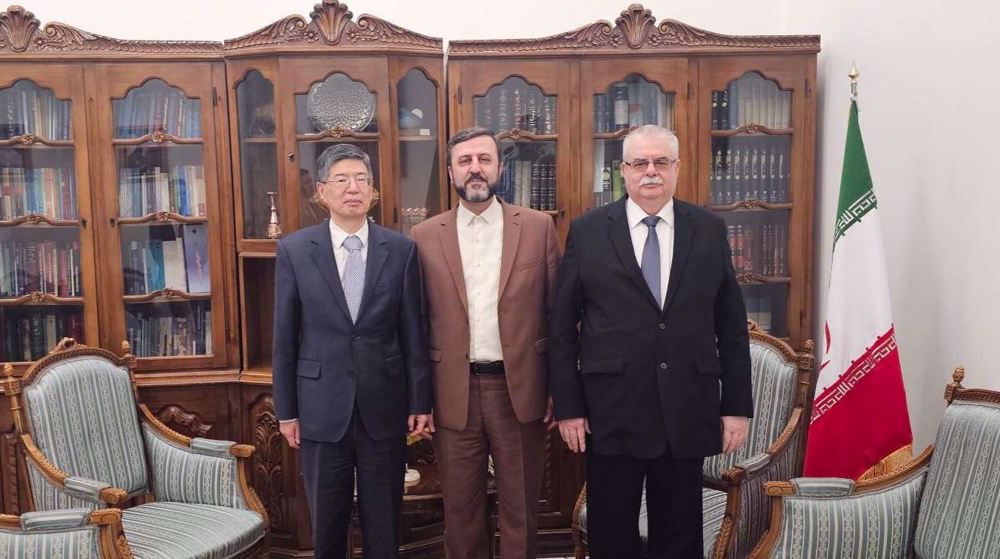




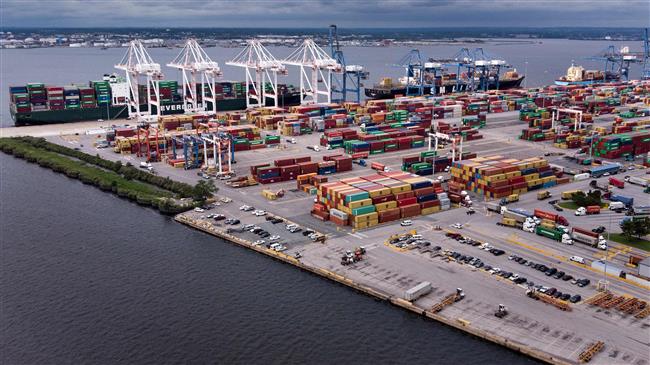
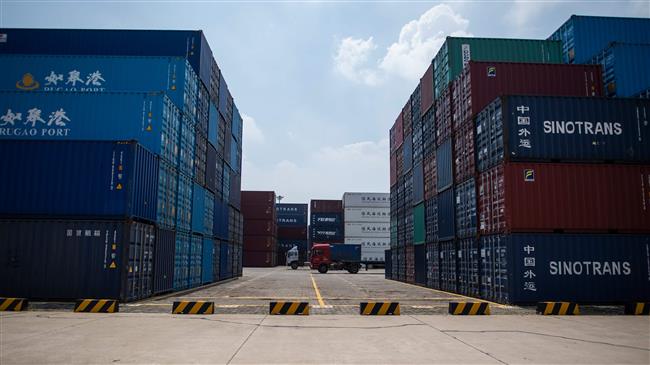
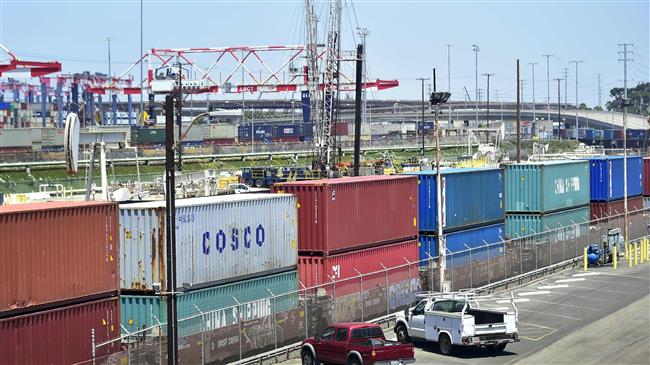
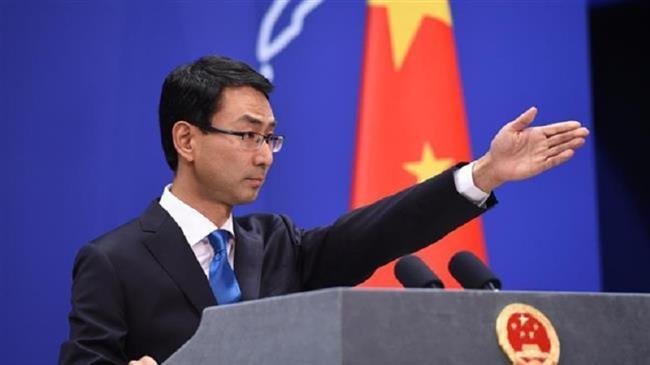

 This makes it easy to access the Press TV website
This makes it easy to access the Press TV website